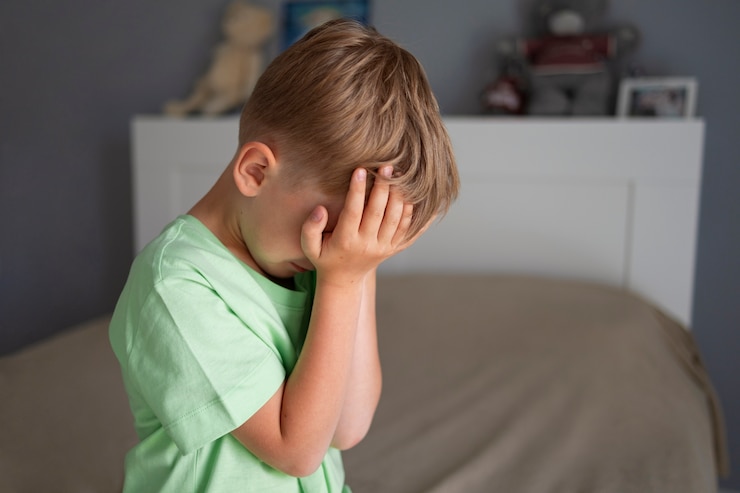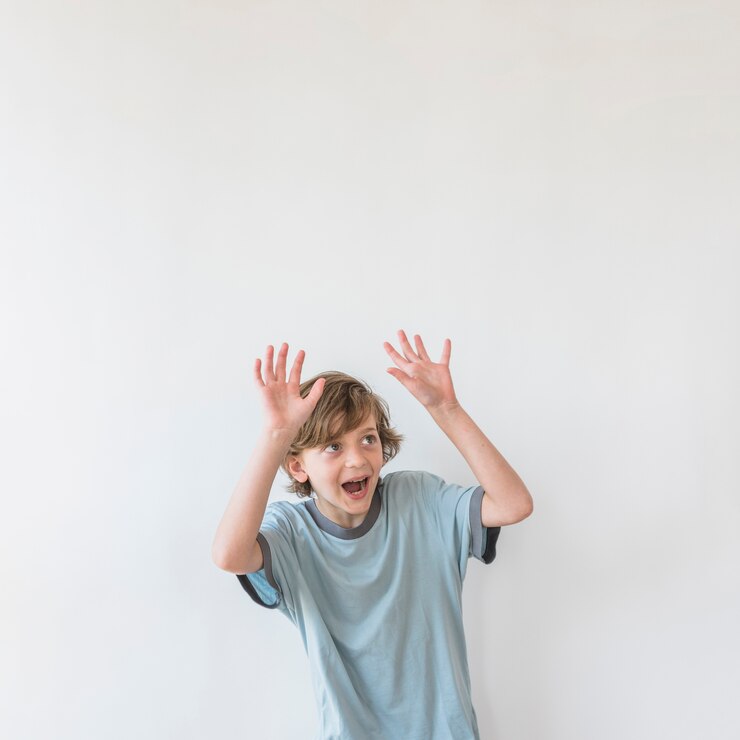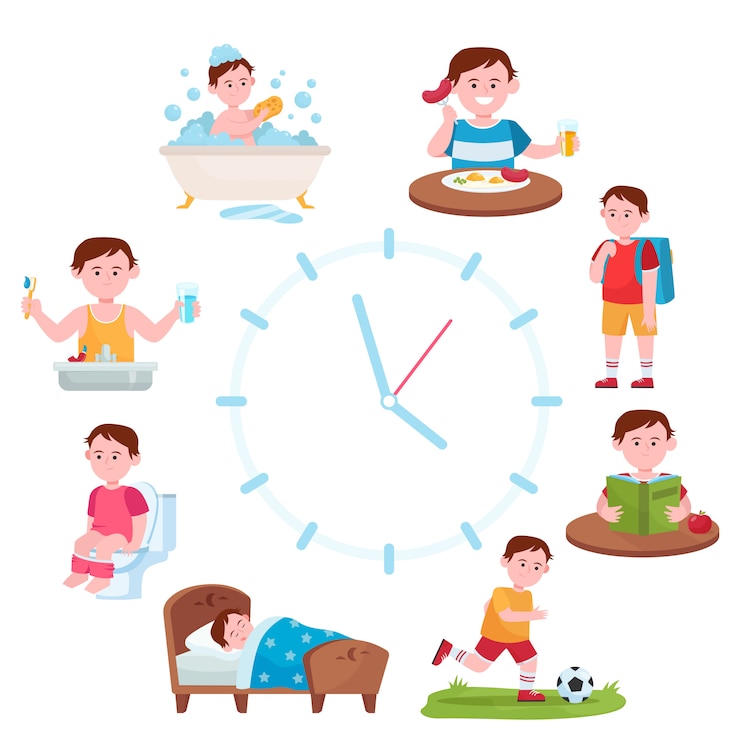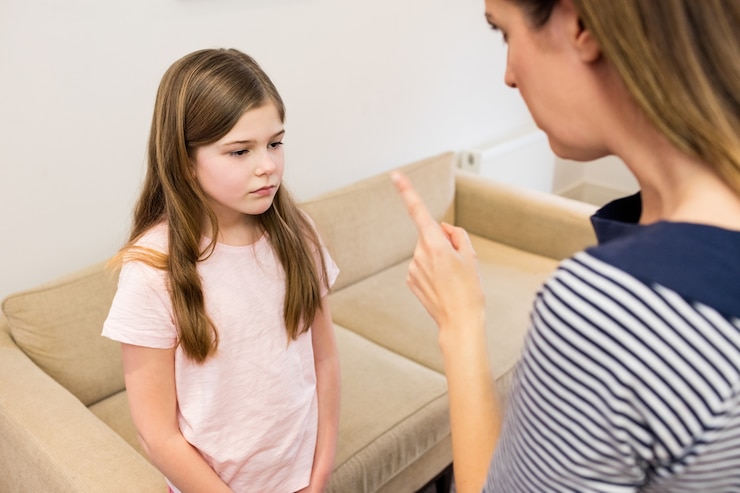
Children can start showing signs of anxiety at a young age. Sometimes these signs are easy to notice, but other times they’re subtler and might surprise you. Here are 10 common anxiety symptoms in kids that are often overlooked.
### Table of Contents
### “Could My Child Really Have Anxiety?”
This is what most parents ask when they first come to my office, trying to understand the puzzling and challenging behaviors of their child. Many parents initially see their child’s behaviors as simply needing discipline, relying on rewards and punishments like sticker charts. However, these behaviors often persist and even worsen.
It’s completely normal for parents to miss anxiety symptoms in children, especially with the typical image of an anxious child being a shy preschooler hiding behind their mom on the first day of school. Parents are often surprised when I explain that what might seem like misbehavior is actually a sign of distress.
This connection is due to how our nervous system reacts under stress. A child experiencing a fight or flight response can appear defiant or uncooperative. This reaction is our body’s instinctive response to perceived threats, thanks to the amygdala—the brain’s emotion center.
Factors like genetics, environment, health, and temperament can lead to an overactive amygdala, making it hard for the brain to tell real danger from imagined threats. When this happens frequently, kids exhibit instinctive survival behaviors.
Here are 10 anxiety symptoms in children that can confuse parents, each linked to the fight-flight-freeze response:
1. **Emotional Reactivity:** Anxiety often heightens emotions, making kids more irritable and prone to emotional outbursts. When overwhelmed by anxiety, emotional regulation becomes difficult.
– *Related Read:* Anger Management for Kids: A Therapist’s Guide to Calm
2. **Excessive Questions:** Some kids with anxiety ask repeated questions seeking reassurance, such as “Will I make friends at soccer?” or “Are you sure I won’t miss you at camp?” This quest for reassurance is common in generalized anxiety and OCD.
– *Check out:* 75 Calm Down Strategies for Kids
3. **Physical Symptoms:** When anxious, the body undergoes changes like a slowed digestive system, leading to stomach aches in children.
– *Related:* 5 Ways to Lower Your Child’s Anxiety Today
4. **Avoidance:** Kids with anxiety might refuse to do tasks, seeming defiant or oppositional, as a way to cope with feeling out of control.
– *Need help?* Get my ‘Calm Kids Set’ at a discount.
5. **Sleep Issues:** Anxiety can disrupt sleep, making bedtime stressful as anxious thoughts surface when the mind is quiet.
– *Need support?* Consider courses from childhood anxiety expert Natasha Daniels.
6. **Cognitive Challenges:** Anxiety affects the brain’s ability to focus and control impulses, as it prioritizes survival over executive function.
7. **Emotional Outbursts:** When overwhelmed, tears might seem to flow out of the blue, often triggered by small conflicts or transitions.
8. **Running Away:** This ‘flight’ response happens when a child feels overwhelmed and tries to escape the situation as a survival tactic.
– *Related:* 100 Everyday Ways to Strengthen Your Child’s Mental Health
9. **Clinginess:** Seeking the comfort of staying close to caregivers helps manage anxiety, which can make separation difficult.
10. **Misunderstood Behaviors:** It’s easy to view shutting down as defiance, but it’s often a sign of anxiety.
Parents should understand that these behaviors are symptoms of anxiety, not deliberate misbehavior. When persistent and affecting a child’s daily life across different settings, these signs indicate a treatable anxiety condition.
As Karen Young from Hey Sigmund says beautifully, “Anxiety is the work of a strong, healthy brain that’s a little overprotective.”
**Resources:**
For more insights into childhood anxiety, check out Karen’s engaging book ‘Hey Warrior.’
*This post was first published on 10/18/2018 and has been updated.*
### Support Your Child’s Well-being
Subscribe to the Parents with Confidence newsletter and receive a FREE 5-day parenting course. Learn how to:
– Protect your child’s self-esteem
– Gain your child’s cooperation
– Instill valuable future skills
– Discipline without emotional harm
**Join Now!** Unsubscribe anytime if you wish.



